Dear Liberals: Stop Calling it the "Culture War"
How the phrase "culture war" reveals a deep lack of critical thought and historical understanding
It’s been fashionable in many Liberal (capital L! — normiecons are Liberals) circles to speak of the “Culture War” for some time now. Googling the phrase is bound to net a New York Times article or two. It’s not a new, Trump era term:
Wikipedia and a Google search of content from 1990-1999 seem to agree that the term rose in prominence to roughly its current amount of usage starting with the 1991 book Culture Wars: The Struggle to Define America. That is, 30 years into the Culture Occupation, an uncritical Liberal decided to call the variance on topics which are permitted to be argued about a “culture war.” Now, another 30 years later, uncritical Liberals still use the term to refer to the disagreements between normiecon Liberals and progressive Liberals.
Wherever you find the usage of the term “culture war”, you have found someone who does not understand, or does not want to appear to understand, the actual battlefield and the actual arrangement of social factions. He who believes there is a “culture war” believes in a battle between two sides of roughly equal strength, where on side could win or at least not definitively lose in the foreseeable future. Is that an accurate description of social arrangements regarding the discourse on and struggle over policies which define the social order as a whole?
Consider race: is it a culture war or a culture occupation? That last time we were allowed to actually fundamentally disagree on something like race was around 1960. Between progressive Liberal and conservative Liberal, the line is the same: “race isn’t real, please vote for me!” Some immigration discourse is permitted, but it’s limited. Here are the results of 30 years of culture war over immigration:
Total anti-immigration loss for 30 years straight, and a discourse where we can’t discuss the ramifications of nonwhite immigration on American culture? This is not a “culture war” like World War II was a war — it’s not Germany vs. the USSR. This is a war like the 2003 “war” in Iraq, and it’s 2007 right now — 2003 was c. 1960. Iraq was an occupation, and so is this. We are in the culture occupation.
Race is not the only topic. Consider sex and family.
60 years of no fault divorce and postmodern feminism. And what are you allowed to fight over? Whether women can murder their unborn children. That’s it. Correcting someone on the myth of the gender pay gap can get you canceled. Supporting ahistorical abomination and blatant lies is centrist and fine. This is not a war, this is an occupation.
The occupation regarding age and class norms is even older and more severe. Funny enough, due to this, disputing them won’t net cancelation for the most part — just odd looks. People are not even aware that universal suffrage or the existence of the high school and the cult of the 18th birthday are not just a part of the fabric of reality.
There is a helpful typology related to this stuff from Power: A Radical View. There are three types of controversies related to the three dimensions of power expounded in that book:
Allowed controversies
Disallowed controversies
Internalized controversies
In type one, people are allowed to dissent from one another. A current example of a type one controversy is a person’s view on abortion or gun control. In a type two controversy, dissenting nets punishment, but people have not fully internalized the occupier’s view. A current example of a type two controversy is views on race and immigration. The media is always crying about how they haven’t yet made this a type three controversy. In a type three controversy, people are not aware that there exists, in theory, a choice, which should be a controversy because, if they were to act in their best interests, they would choose something other than the status quo. An example of a type three controversy is the existence of the high school. It is in society’s best interests to abolish high school, but a few parasitic and selfish special interests have brainwashed everyone into genuinely believing otherwise.
In theory, we can identify which type a controversy is by measuring the views of the Patriciate and the views of the masses and comparing them. In a type one controversy, the Patriciate is divided. There is actually something like a “war”, a fight between two men as opposed to a child getting spanked, going on. In a type two controversy, the Patriciate is united but the masses are not fully on board. There isn’t a war as much as there is an occupation, it’s not two men fighting, it’s a man spanking a child when he misbehaves, it’s the Patriciate canceling naughty workers who haven’t internalized the correct view. In a type three controversy, basically everyone agrees, but there is an false consciousness among people, because they are not actually agreeing with what is in their best interests. If one or two people dissent, they can mostly be ignored or laughed at, instead of more explicitly getting the stick, which might draw attention to their dissent and destabilize the type three view into a type one or two view, depending on whether a section of the Patriciate has a false consciousness or not.
As mentioned above, these types of controversies correspond to Lukes’ three dimensions of power:
The ability to win arguments
The ability to control what is publicly argued
The ability to control what people even think to argue
Talking about the “culture war” is uncritical because it implicitly states that you only believe in the first dimension of power. You are unaware, or want to obediently appear to be unaware, of the things which are not able to be said in public, and of the things which very few even venture to think about at all. You furthermore fail to grasp, normatively speaking, that the really important topics today are all type two and type three controversies. The racial and sexual order are type two controversies and the educational and class structure are type three controversies. Discoursing about “culture war” says you think abortion and gun control are more important than the total decline of the white population and so on. This is Liberal, cringe, and uncritical. If you want to be cool, stop saying “culture war”, start saying “culture occupation” or something else.

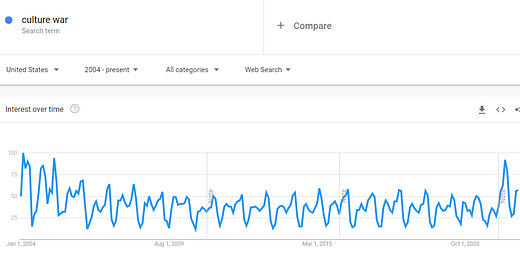



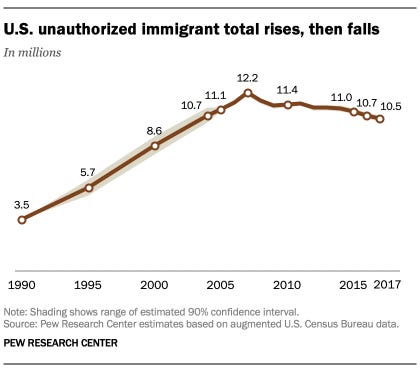
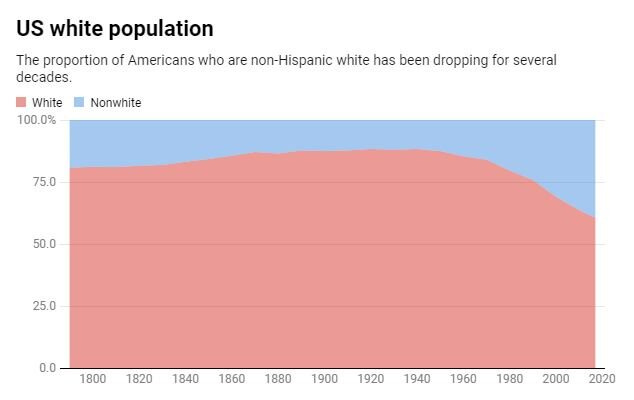
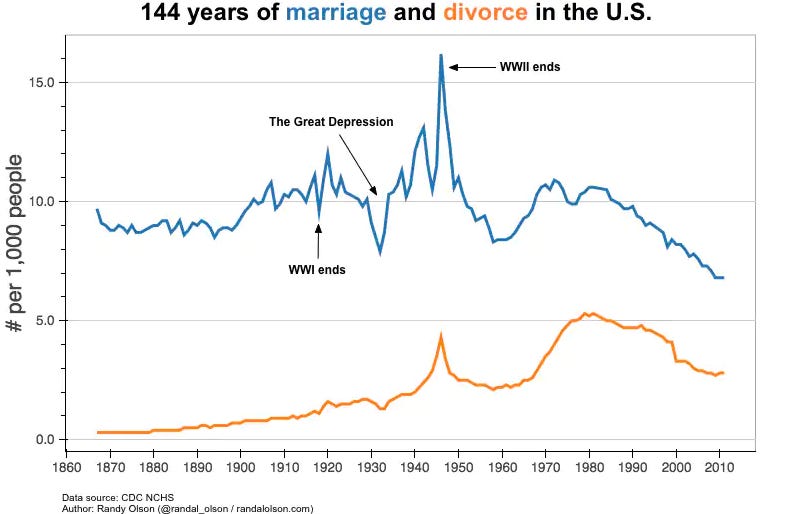
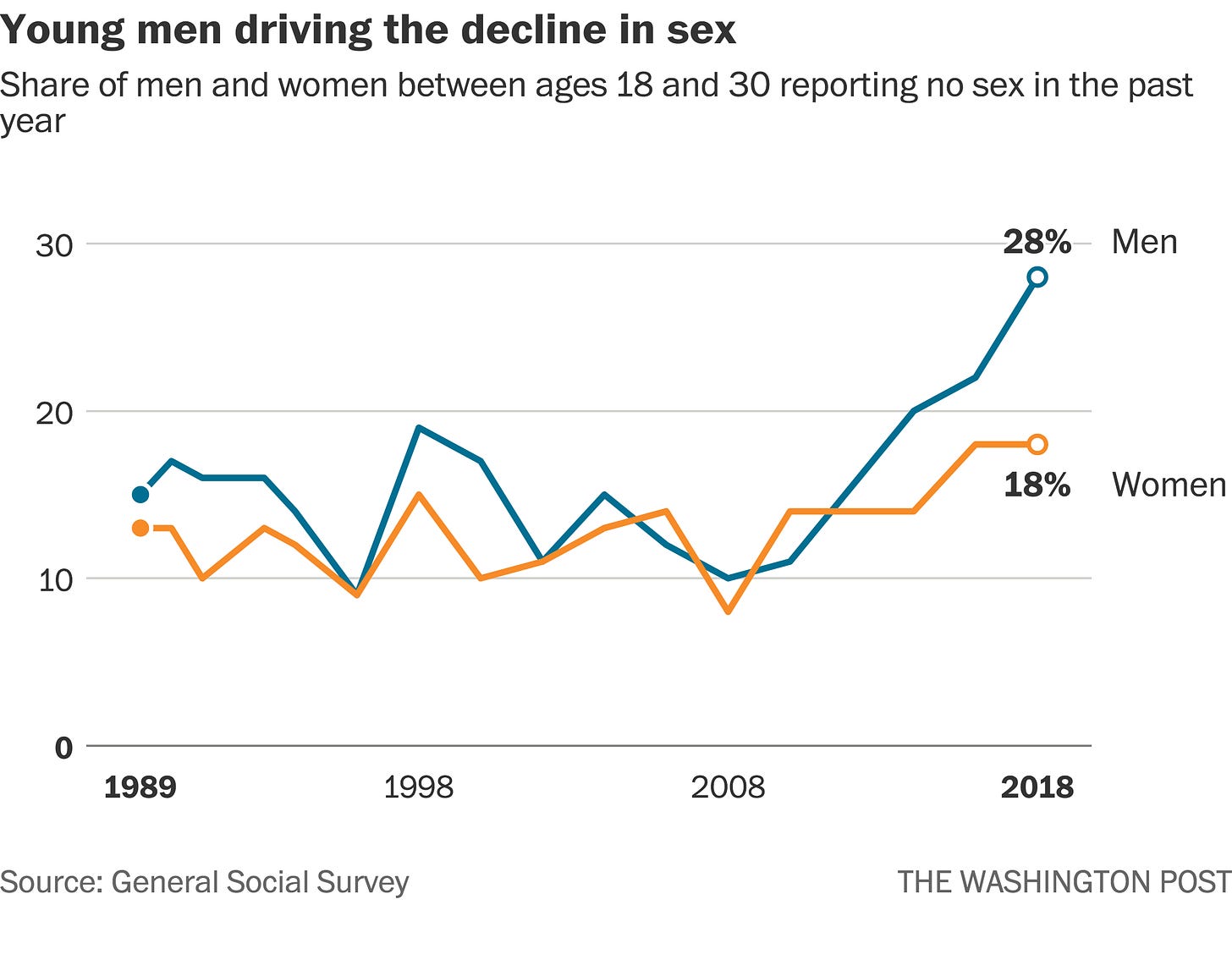
"culture occupation" is smart
Good post. Remind's me of Richard Hanania's recent post. Very not critical.